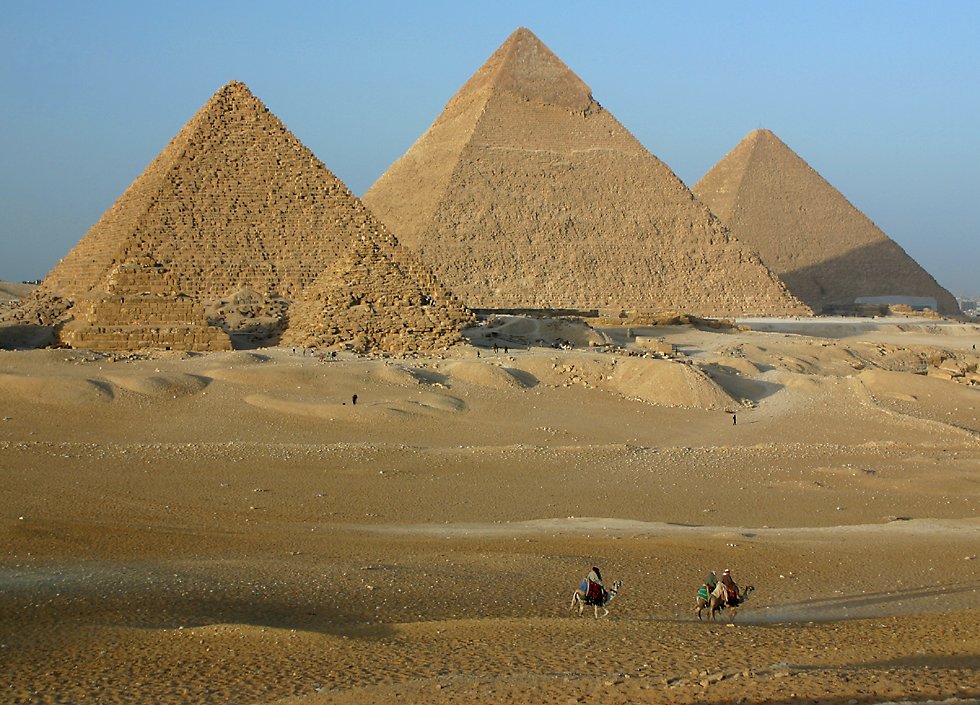 If you have happened to flip on the television, or glance at a newspaper, or even tune in for a second of radio any time this past week you know that Egypt is at the genesis of a revolution. Inspired by the Tunisian overthrow of government, young Egyptians are looking to oust Egypt’s long time iron fisted ruler Mubarak, who has ruled since 1981. The hope of these revolters is to establish a more democratic government that represents the people. These actions have inspired protests in other countries including Algeria, Yemen, and Jordan.
If you have happened to flip on the television, or glance at a newspaper, or even tune in for a second of radio any time this past week you know that Egypt is at the genesis of a revolution. Inspired by the Tunisian overthrow of government, young Egyptians are looking to oust Egypt’s long time iron fisted ruler Mubarak, who has ruled since 1981. The hope of these revolters is to establish a more democratic government that represents the people. These actions have inspired protests in other countries including Algeria, Yemen, and Jordan.The question must arise, as it always does with international affairs, “What is the role of the United States?” Perhaps you have heard this question asked, or even asked it yourself. Many attempt to answer this question by first answering another question, “What is at stake for the U.S?” Many believe the price of oil is at stake, others believe instability in the Middle East causes breeding grounds for terrorism, and some believe that the U.S. image is at stake. Some have concluded that the U.S. really has nothing at stake and should not stick their nose in other people’s business. Someone even asked me how the U.S. would like it if another country stuck their nose in our business. However, during the American Revolution another country did stick their nose in, France, and we thanked them very much for it.
We cannot answer the question of our role in Egypt by asking what is at stake for the U.S. To ask such a selfish question puts only one thing at stake, our souls. Instead the question we need to ask to be able answer the question about our role is, “What is at stake for Egypt?”
The people of Egypt have courageously kept the protest non-violent on their part. They protest for jobs, and most importantly for representation. What is at stake is the right for the Egyptians to be ruled respectfully and representatively. Mubarak has used his time of rule to serve himself and not the people of Egypt. This is a very dangerous stance to be in.
When Rehoboam the son of Solomon became King of Israel, the people were tired of being ruled harshly and having to serve the king at great cost. The people asked Rehoboam for a break. The wise elders advised Rehoboam in 1 Kings12:7.
If today you will be a servant to these people and serve them and give them a favorable answer, they will always be your servants.
However, Rehoboam ignored the advice of the elders because he wanted to serve himself, and there was a revolt and Israel split in two. Mubarak has looked to only serve himself and now he will lose what power he thought he had.
Much was expected from Mubarak because much had been given to him. Much is expected from the U.S. because we have been given much. I am not suggesting that we send troops, this is a non-violent and so far successful revolution, but I am saying we support the people in their right to be represented.
From everyone who has been given much, much will be demanded and from the one who has been entrusted with much, much more will be asked – Luke 12:48
Much is demanded from us, and God calls us to fight for the oppressed even if the best way to fight is to simply give financial or advisory support. We are called not to serve ourselves, but to serve others.

No comments:
Post a Comment